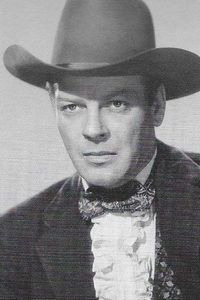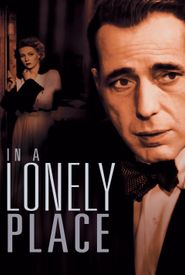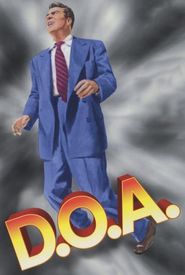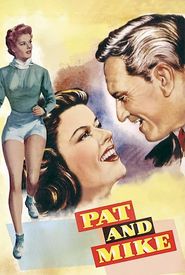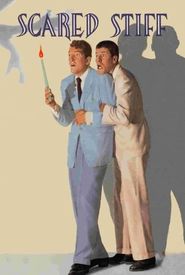William Brooks Ching was a talented actor and singer, born on October 2, 1913, in St. Louis, Missouri. He came from a strong English background and was christened William Brooks Ching. As a teenager, he studied voice and earned jobs in theater stock shows before gaining valuable experience as a member of a light opera company in Memphis, Tennessee.
Ching's career was interrupted by World War II, during which he enlisted in the Coast Guard. After the war, he regrouped and found work singing on radio in San Francisco. He was spotted by a talent agent and brought into the Hollywood fold as a newly-signed Universal contract player.
Initially, Ching's Asian-sounding surname confused audiences, and the studio renamed him "William Brooks." However, he insisted on returning to his original name, figuring that when he established a firmer reputation with audiences, the problem would fade away.
Ching was primarily handed bland but brawny bit parts, and he was generally unhappy with his minor standing at Universal. He turned to the Broadway stage for fulfillment, cast in one of the top male roles in the lesser-known Rodgers & Hammerstein musical "Allegro" in October 1947.
The show, in which Ching introduced the song "A Fellow Needs a Girl," earned mixed reviews but still managed an eight-month run. Ching eventually returned to films in 1950, cast in a deceptively villainous role in the film noir classic "D.O.A." (1950) starring Edmond O'Brien.
However, his optimism did not last long, and he was then given a very minor role in another film noir piece, the Humphrey Bogart starrer "In a Lonely Place" (1950). Republic Studios saved the day when they signed him up for featured roles in "B" westerns and war dramas.
During this period, Ching backed up Bill Elliott in "The Showdown" (1950),John Carroll and Vera Ralston in both "Surrender" (1950) and "Belle Le Grand" (1951),Rod Cameron in both "Oh! Susanna" (1951) and "The Sea Hornet" (1951),and Wendell Corey and Vera Ralston again in "The Wild Blue Yonder" (1951).
In these films, he was usually typecast in "other man" roles or as a staunch military man. Finally, Republic had the sense to make use of Ching's strong singing voice by casting him as the lead in its musical crime melodrama "Bal Tabarin" (1952),wherein he took second billing opposite operatic soprano Muriel Lawrence.
Unfortunately, the musical was not released by MGM or a highly comparable studio, and it came and went without much fanfare. As a result, Ching's reward was that Republic dropped him.
